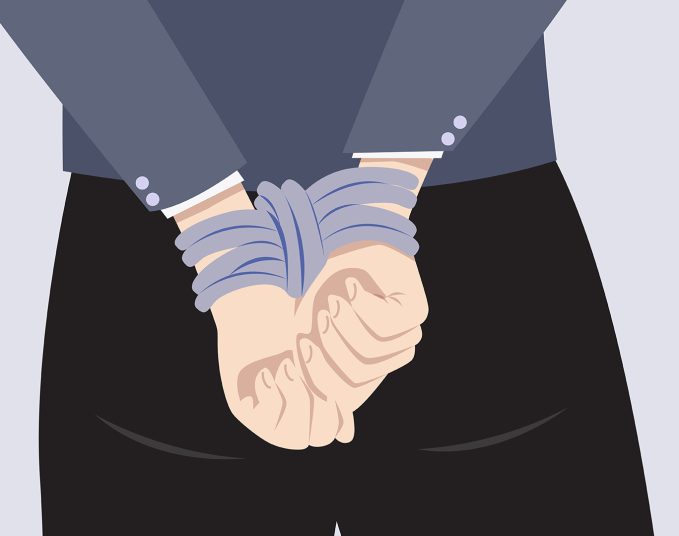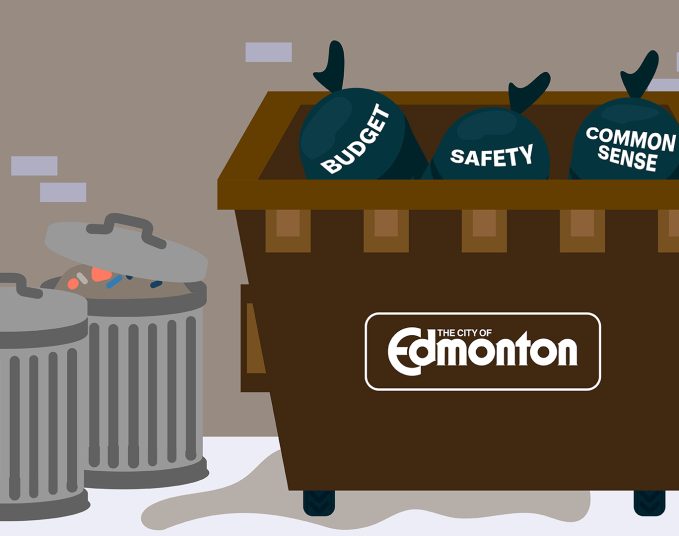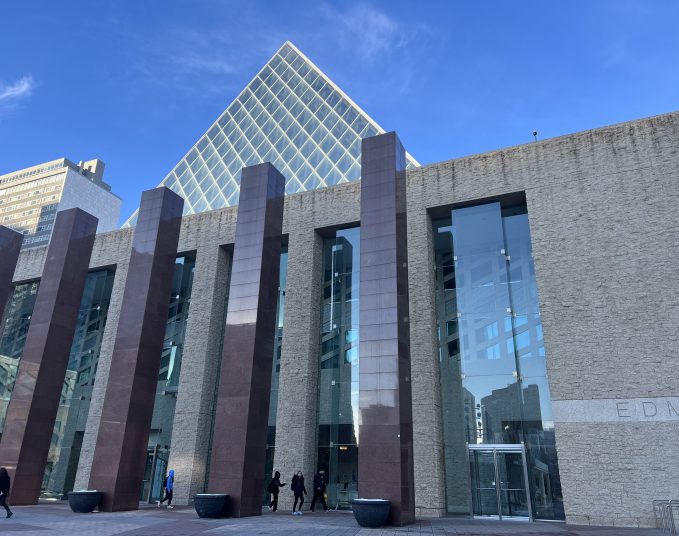My partner and I have been re-watching Game of Thrones. Don’t ask me why I’m revisiting a series that so notoriously flubbed its landing. I’m a glutton for punishment, I guess.
We’re at the point in the series where, after King Robert Baratheon dies and Lord Eddard Stark attempts to reveal the shocking truth about the Lannister lineage, Cersei Lannister consolidates power in King’s Landing by installing loyal family members across all levels of government.
Her son, the snivelingly cruel and inept Joffrey, becomes king. Her callously calculating father, Tywin, becomes Hand of the King. The incestuous prince charming that is her brother, Jaime Lannister, serves in the king’s guard. And so on, and so forth, until Cersei is the de facto ruler of Westeros as Queen Regent.
But why am I boring you with a play-by-play from a TV show that ended in 2019 (and peaked in 2016)? Well, because I noticed some striking similarities between the Lannister’s efforts to hold the Seven Kingdoms and actions of late from our own potential queen-in-waiting, Danielle Smith.
Smith and her governing United Conservatives have been busy in recent weeks tabling controversial legislation that many critics claim is its own attempt to shore up the UCP’s claim to the Iron Throne of Alberta. On April 10, they introduced Bill 18 – the Provincial Priorities Act – which would require approval from on-high (the Premier’s office) before any agreements can be made between public bodies like universities or municipalities and, oh, I don’t know, the federal government, for example.
That bill was followed up less than two weeks later with Bill 20 – the Municipal Affairs Statute Amendment Act – which, if passed, would give the provincial cabinet the ability to remove municipally elected councillors and repeal bylaws passed by said council. A tad hypocritical coming from the “stay out of our backyard” crowd, no?
In fairness, the UCP’s Municipal Affairs Minister, Ric McIver — who looked about as comfortable delivering the news of this power-grab as Theon Greyjoy did just before Ramsay Bolton took his… well, you know — said cabinet would have a high bar for when, and if, the power could be used (though, the bill conveniently does not include just what that bar would be). He assuaged worries of provincial overreach by saying that public pressure would be enough to hold the province to account when it comes to oversight. And clearly, given how the province has changed its tune on the Alberta Pension Plan, Alberta police force, allowing partisan political parties on Edmonton and Calgary and hobbling a thriving renewables industry in the face of public pressure, we know we can trust Ric when he says this.
If you haven’t heard of these two pieces of legislation by now, you’ve likely been living north of The Wall, because blowback’s been swift and staunch with the mayors of both major cities criticizing the moves alongside opposition MLAs, academics and, of course, editorial boards.
But not everyone has been as forceful in their criticism as Jared Wesley, a professor of political science at the University of Alberta and a self-identified conservative. Wesley, who himself penned a fiery call-to-action, called the bills, and the UCP, a threat to democracy.
“There are two themes that tie the bills together,” he said. “Taking vengeance on critics of the government and taking a step towards authoritarianism and away from the principles that have guided politics in this province for the better part of the past 50 years.”
Wesley said the bills, which also include changes to voter ID regulations reminiscent of those imposed in parts of the United States and the United Kingdom, are evidence of a government looking to silence its opponents and impede democratic participation by those who might not stand in line with the UCP’s governing ideology. The residual effects of allowing this legislation to pass, he said, would be long-lasting.
“Once we start down that path, it’s not as easy as reversing or repealing a law. We’ve now moved the goalpost of what’s acceptable to say, do or think in this province and apparently that means removing voter’s rights,” Wesley said. “Whether it be allowing a group of a couple dozen ministers in Edmonton to remove a locally elected official or whether it means preventing people that do not have photo ID from participating in elections.”
That notion of ideological gerrymandering found me, ever the nerd, once again seeing the reflection of George R.R. Martin’s flaxen-haired villain in our premier’s latest moves. And it makes sense, because when you compare the two leaders’ strategies, they’re not all that different.
Cersei, looking to secure her family’s authority over the throne, installed only loyal colleagues. Our premier and her cabinet can’t do that outright, but if Bill 20 passes, they would be able to more directly influence what the political make up of our municipal government looks like whether by removing councillors or bylaws they don’t approve of or by simply hoping that by introducing partisanship to the local electoral process our polarized populace will vote along party lines to their benefit. I mean, why else would you only introduce the party system in the progressive stronghold of Edmonton and the swing-city of Calgary?
Cersei and the Lannisters further cement their hold on power by lopping off the heads of the dissenting Starks. Bill 18 could effectively decapitate academic research in the province that doesn’t serve the interest of the governing party by denying financial aid from outside the province’s purview. The chilling effect of that reality will surely impact what areas universities prioritize if they know “winter is coming” by way of a freeze to their funding.
But maybe the part that seems the most similar is just how personal it all feels. Cersei’s talent was her willingness to push the boundaries of the systems around her to match her ambition.
The good news? The democracy that is Ned Stark’s proverbial head doesn’t need to come off because, as Wesley points out, the UCP is often more Joffrey than Cersei when it comes to standing their ground.
“The government has reversed course quickly on a lot of issues when the UCP caucus has been concerned for their own electoral fortunes,” he said. “Low-income transit passes in Calgary and Edmonton … and the Kenney government reversed course on a number of issues from curriculum changes to coal to childcare. All of that wasn’t because there was an election, but because people decided to call their MLA from all sides of the issue and say enough is enough.”
Savvy AF. Blunt AF. Edmonton AF.




